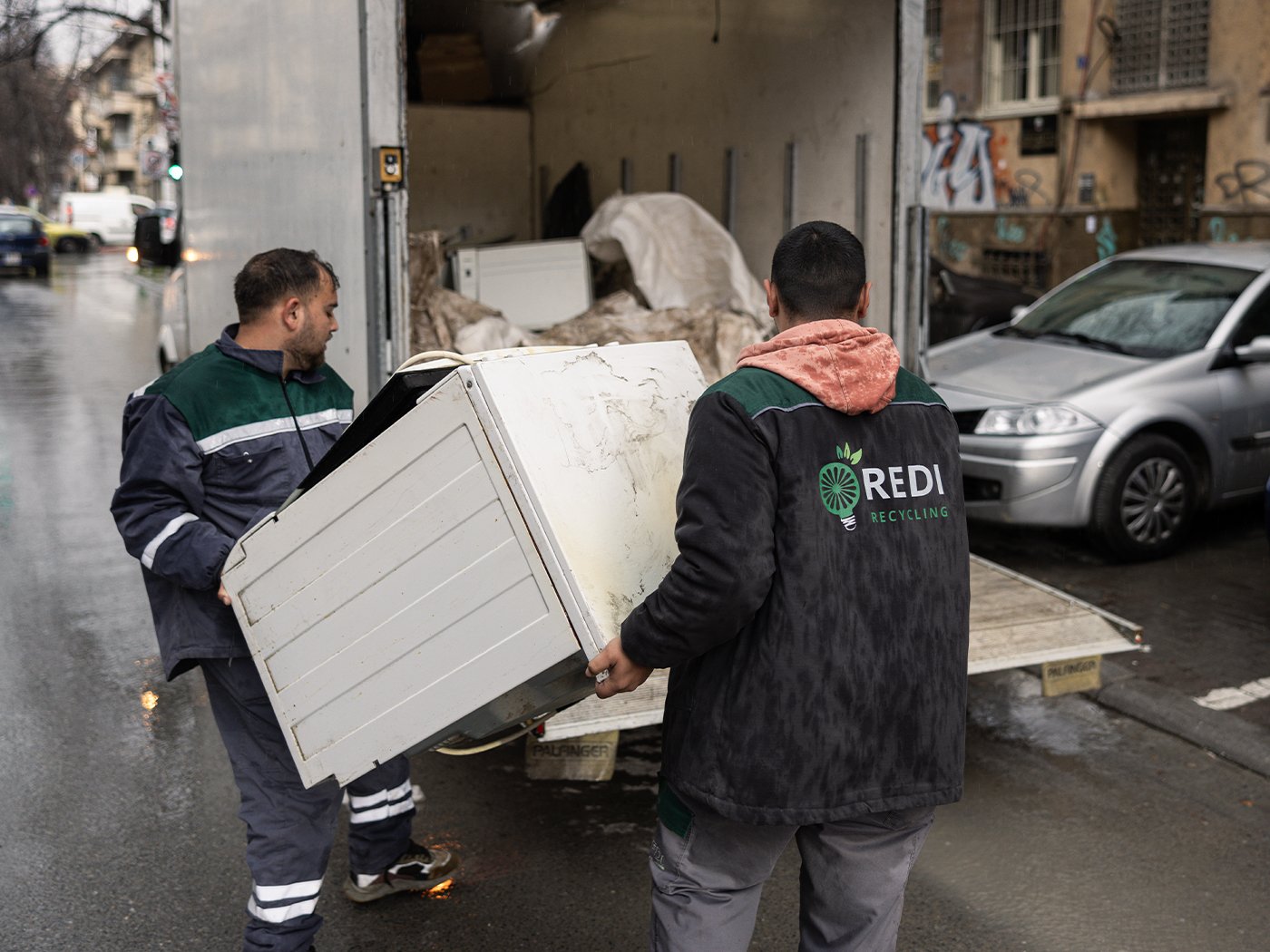President von der Leyen’s State of the Union acknowledged Europe’s social crisis and the need for fair competitiveness—but without Roma economic and political empowerment, both Europe’s economy and democracy will remain incomplete.
BRUSSELS, 10 September 2025 – President von der Leyen’s State of the Union acknowledged Europe’s social crisis and the need for fair competitiveness—but without Roma economic and political empowerment, both the economy and democracy will remain incomplete.
The Roma Foundation for Europe (RFE) welcomes the Quality Jobs Act, the European Anti-Poverty Strategy, and the new packages on affordability and the cost of living as important commitments. Yet their success will depend on whether they reach those most excluded from work and security.
RFE’s recent report shows that achieving employment parity for Roma could deliver up to €10 billion in additional GDP across the EU every year. In Romania alone, parity would generate €10.3 billion in GDP annually, a 2.3% increase. In Bulgaria, the gain would be €1.95 billion (2.07% of GDP), and in Slovakia €3.49 billion (over 10% of GDP).
These figures show that Roma inclusion is not about fairness—it is smart economics and a strategic necessity.
- The Quality Jobs Act must open real pathways to formal, decent work. Today, only 43% of Roma adults are employed—and just 28% of Roma women. Closing this gap is essential if Europe is serious about competitiveness and does not want to miss out on the talent among its youngest and fastest-growing minority.
- The European Anti-Poverty Strategy addresses a pressing need. 56% of Roma youth are not in education, employment or training—nearly five times the EU average of 11.7%. Without scaling up training and removing structural barriers to employment, Europe cannot hope to meet its poverty-reduction goals.
- The affordability and cost of living measures must be designed with households like Roma families in mind. In RFE’s 2024 polling, Roma identified the cost of living (21%) and unemployment (11%) as their top concerns.
“Excluding Roma from Europe’s labour markets is not a minority issue—it is a threat to Europe’s competitiveness and democratic foundations,” said Neda Korunovska, Vice President for Analytics and Results at the Roma Foundation for Europe.
The announcement of a European Centre for Democratic Resilience is also welcome. For Roma, elections have too often meant pressure, intimidation, and now disinformation, despite being among the EU’s strongest supporters. For the Centre to be credible, it must protect those who still believe in Europe even when Europe falls short, and ensure their democratic voice is heard.
“Europe cannot afford half measures,” Korunovska added. “A Union that fails its biggest minority is a hollow Union of privilege for the few and insecurity for the many.”

Roma Foundation for Europe
The latest

Serbia Must Amend Missing Persons Alert System to Protect Vulnerable Adults

Constitutional Review of the Šutar Law Confirms Serious Rule-of-Law Concerns

Europe’s Growth Depends on Roma Talent
Browse by category
Campaigns
Events
Facts
Press
Voices
For media inquiries:
[email protected]Sign up here so you don’t miss out on campaign updates, upcoming events and other news from the Roma Foundation for Europe and our network.
Sign up for our newsletter